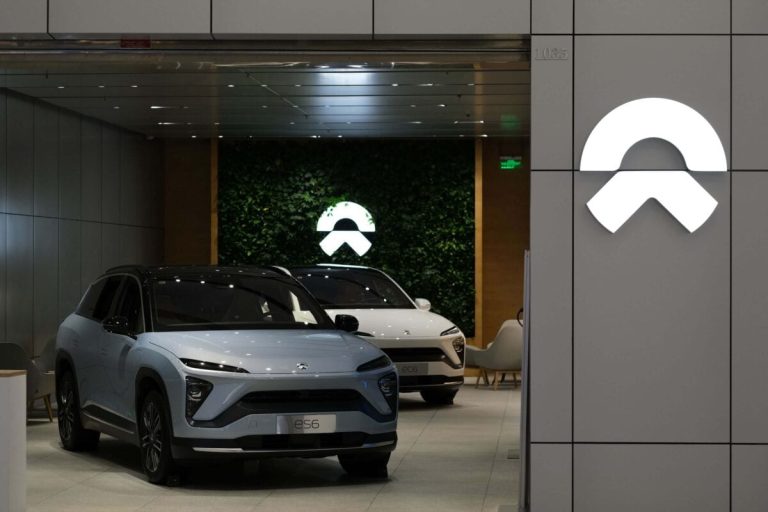
Introduction
Technological innovations are continuously redefining our lives, and as we approach 2025, several key advancements are poised to shape the future. This article explores the most significant technological trends and innovations that will impact various sectors, including sustainable living.
Artificial Intelligence and Machine Learning
Artificial Intelligence (AI) and Machine Learning (ML) are at the forefront of technological innovation. These technologies are not only enhancing business operations but also transforming healthcare, education, and even personal interactions. For a deeper understanding of how these technologies are evolving, check out our post on the evolution of e-commerce by 2025.
AI-driven tools are improving efficiency by automating routine tasks, allowing humans to focus on more complex problem-solving. In healthcare, AI algorithms analyze vast datasets to predict patient outcomes and recommend treatments, revolutionizing patient care.
5G Technology and Connectivity
As we move towards 2025, the rollout of 5G technology is expected to enhance connectivity dramatically. This next-generation network will enable faster data transfer, reduced latency, and the ability to connect more devices simultaneously.
With 5G, industries such as transportation and logistics will benefit from real-time tracking and enhanced communication systems. Additionally, smart cities will thrive with improved infrastructure and efficient resource management, contributing to a more sustainable future.
Renewable Energy Innovations
The push for sustainability is leading to significant innovations in renewable energy technologies. Solar panels, wind turbines, and battery storage systems are becoming more efficient and cost-effective.
By 2025, we can expect advancements in energy storage solutions, allowing for better integration of renewable energy sources into the grid, ensuring a more sustainable future.
Virtual and Augmented Reality
Virtual Reality (VR) and Augmented Reality (AR) technologies are transforming the way we interact with the digital world. These technologies are being integrated into various sectors, including gaming, education, and training.
In 2025, we can anticipate more immersive experiences that enhance learning and training, making them more engaging and effective. AR applications will also improve retail experiences, allowing customers to visualize products in their own space before making a purchase.
Conclusion
As we look towards 2025, the landscape of technological innovations is shifting rapidly. From AI and 5G to renewable energy and immersive technologies, these advancements promise to create a more connected, efficient, and sustainable world. Embracing these changes will be crucial for individuals and businesses alike as we navigate the future.






